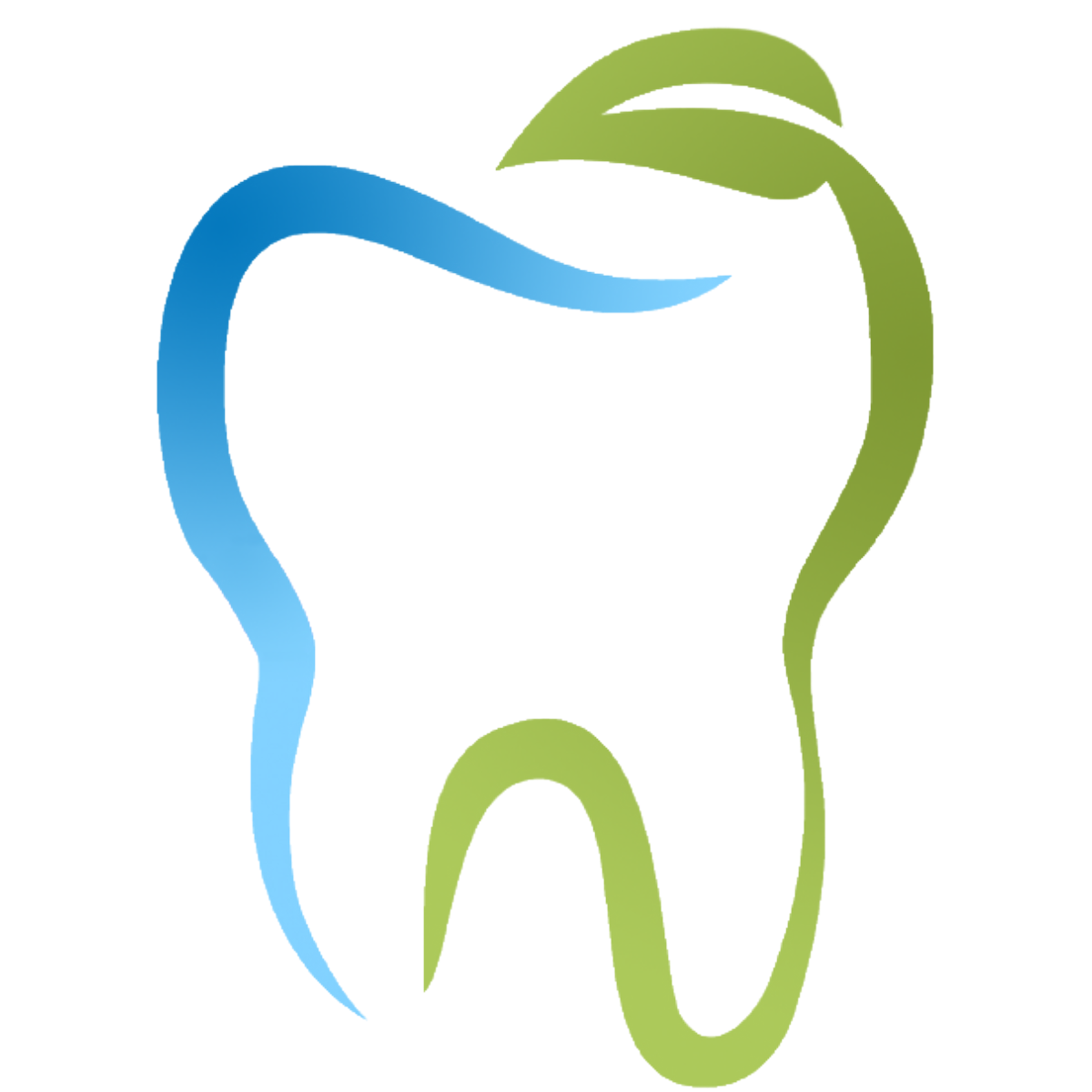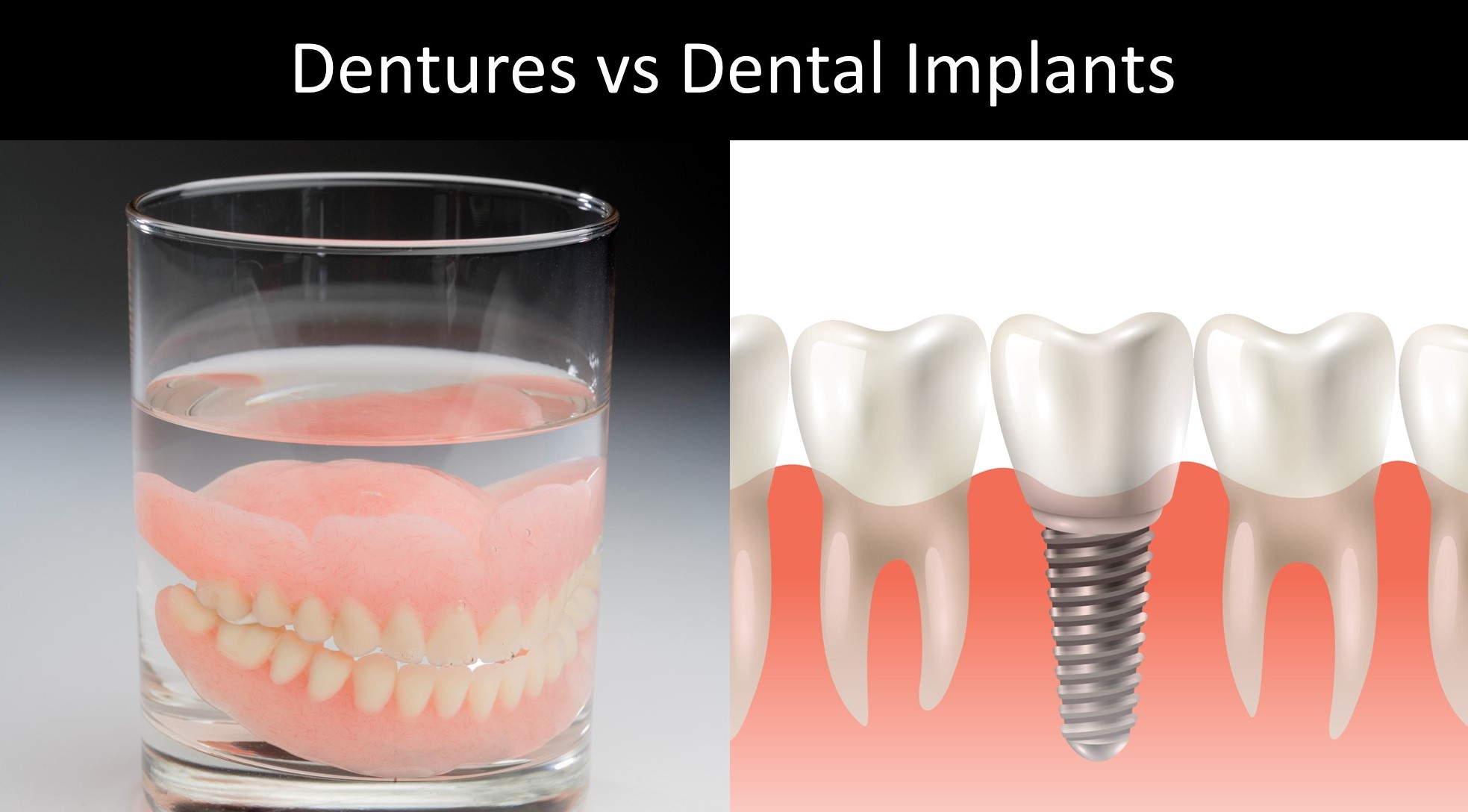Today there is a growing awareness that dental health and total body health are not two separate entities but are somehow intimately connected. The holistic view is that what affects one-part affects the whole. If I stub my toe and the injury persists for a while, I may compensate by shifting my weight when walking and before long develop neck and jaw pain. This is a simplistic example but there are dental conditions that we once thought of as restricted to just the mouth but that have far reaching consequences. So, with that in mind here are a couple do’s and don’ts:
DO understand the significance of missing teeth.
Not that long ago a common approach to a problem tooth might have been “just pull it doc,” as losing a tooth was not a big deal. More recently the advances in technology and attention to quality of life have created an obvious shift toward prevention and saving teeth and now we are learning just how profoundly important this is. A recent study, carried out over 5 years, looked at the mortality of young seniors and found that a significant predictor of death was the number of teeth present.
Even when allowing for other risk factors for mortality (gender, BMI, smoking status, history of chronic diseases, etc.) the risk of all-cause mortality was significantly associated with the number of teeth present.
There was a 4% increase in the 5-year survival rate per additional tooth retained at the age of 70.
Understanding how important teeth are to longevity should motivate us all to strive for optimum dental health as early in life as possible.
DON’T ignore bleeding gums.
Some of us may be conditioned to think a little “pink in the sink” is normal but if your gums bleed when you brush you are seeing the first sign of periodontal disease. The layman’s term “gum disease” is a misnomer since periodontal disease is an infection that affects both the gums and the supporting bone around the teeth. Periodontal disease is the “silent” bone killer as it is initially painless until it is far too late once teeth become loose and abscessed.
Then there are the total body health issues that come with periodontal disease.
Research now shows that people with “gum disease” are 2 times as likely to suffer a heart attack and 3 times more likely to die from a stroke. Men with gum disease are about 50% more likely to develop kidney disease and pancreatic cancer. In fact, gum disease being an inflammatory condition affects 50% of other illnesses. Diabetics with periodontal disease find it 6 times more difficult to control their blood glucose. And in a pilot study of 50 adult patients with periodontal disease, but no actual diagnosis of diabetes, it was fond that 1 in 3 were pre-diabetic. The most disturbing finding is the effect of periodontal disease on the brain and its link to Alzheimer’s disease.
With so much at stake how could we not be fully committed to our health with early care and most of all, prevention?
Written By: Dr. Anne Marie Frackowiak
Photo by Diana Polekhina on Unsplash

